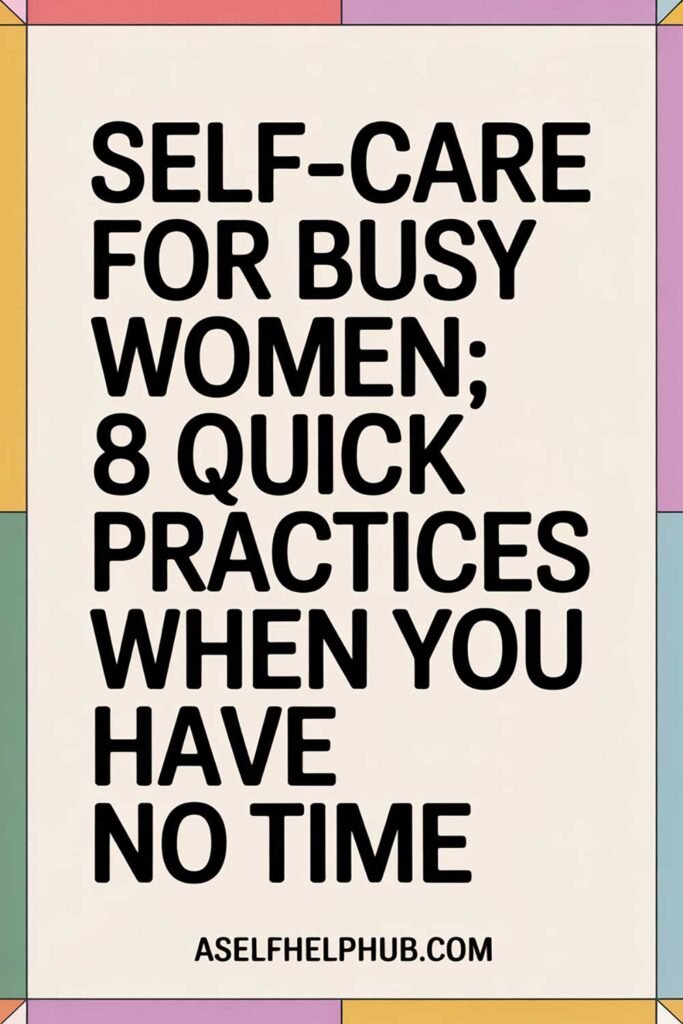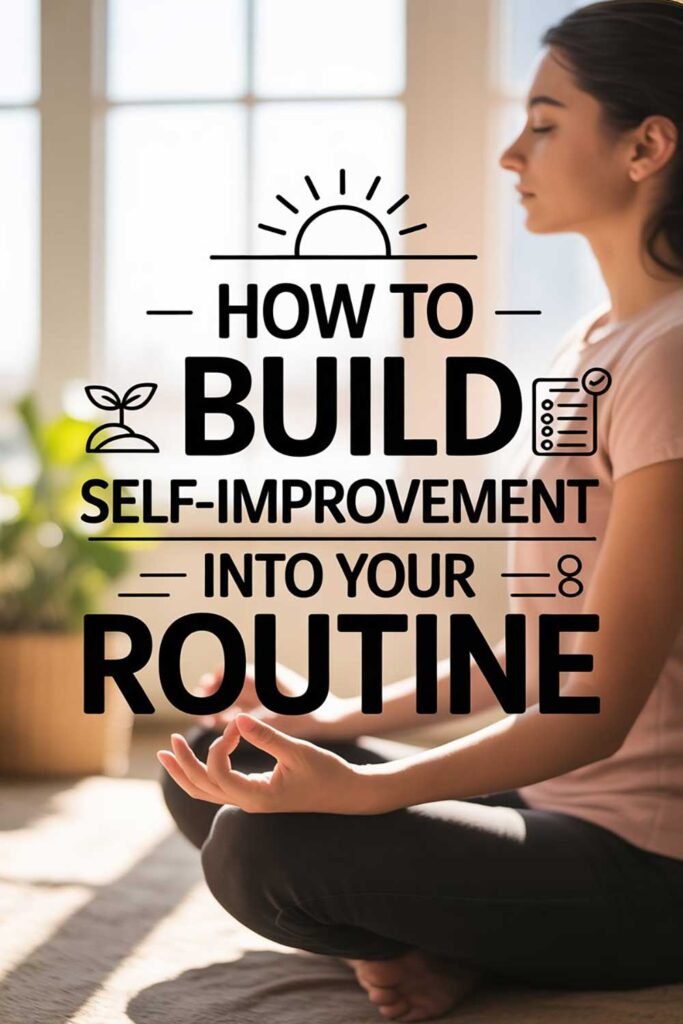How to Deal with Negative Feedback Without Taking It Personally
Receiving negative feedback can be challenging, especially when it feels like a personal attack. However, learning how to handle criticism with grace and objectivity is crucial for personal and professional growth. Instead of allowing negative feedback to affect your confidence or self-worth, you can use it as a tool for improvement. This guide will help you develop the mindset and strategies to deal with negative feedback effectively.

Why Negative Feedback Feels Personal
Negative feedback often triggers emotional reactions because:
- It challenges our self-image – Criticism can make us feel like we are failing.
- We equate feedback with personal worth – We may believe that criticism means we are not good enough.
- It taps into past insecurities – Old fears and doubts can resurface when we receive negative comments.
- It catches us off guard – Unexpected criticism can make us feel vulnerable or defensive.
Understanding why feedback affects us emotionally allows us to respond in a more rational and constructive way.
The Benefits of Negative Feedback
Although it may not feel like it, negative feedback can be incredibly beneficial. It:
- Helps you grow – Constructive criticism points out areas where you can improve.
- Encourages self-awareness – Allows you to recognize habits or behaviors you may not notice.
- Strengthens resilience – Learning to handle criticism builds emotional intelligence.
- Enhances relationships – Responding to feedback well can improve communication and teamwork.
How to Process Negative Feedback Without Taking It Personally
1. Pause Before Reacting
- Take a deep breath before responding.
- Avoid an immediate emotional reaction—give yourself time to absorb the feedback.
2. Separate the Message from Your Self-Worth
- Feedback is about your actions or work, not about you as a person.
- Shift your perspective: Instead of thinking, “I’m terrible at this,” reframe it to “I have an opportunity to improve.”
3. Consider the Source
- Who is giving the feedback? A mentor, boss, or trusted friend? Their intent is likely to help you grow.
- If the feedback comes from someone unqualified or overly critical, take it with a grain of salt.
4. Look for the Truth in the Feedback
- Even harsh criticism often contains valuable insights.
- Ask yourself: “What part of this feedback can I use to improve?”
5. Ask for Clarification
- If the feedback is vague, request specific examples.
- Understanding the context can help you apply the criticism constructively.
6. Practice Self-Compassion
- Treat yourself with kindness instead of being overly self-critical.
- Everyone makes mistakes and has areas for growth.
7. Reframe Feedback as an Opportunity
- Instead of fearing criticism, embrace it as a learning experience.
- The most successful people seek feedback to refine their skills.
8. Use Feedback for Personal Development
- Identify actionable steps to address the feedback.
- Set goals based on constructive criticism to improve over time.
9. Let Go of Perfectionism
- Perfectionism makes negative feedback feel more painful than it needs to be.
- Accept that mistakes are part of growth and progress.
10. Move Forward with Confidence
- Don’t dwell on negative feedback—use it, learn from it, and keep going.
- Remember that one piece of criticism does not define your abilities or future success.
Responding to Negative Feedback in Different Situations
At Work
- Professionalism is key – Respond calmly and thank the person for their input.
- Seek solutions – Ask for suggestions on how you can improve.
- Follow up – Implement changes and show progress.
From Friends or Family
- Acknowledge emotions – Recognize your feelings but don’t let them dictate your response.
- Clarify intentions – Ask if the feedback is meant to be helpful or constructive.
- Set boundaries – If criticism is frequent and hurtful, express your limits.
On Social Media or Public Platforms
- Don’t engage in arguments – Some comments are meant to provoke, not help.
- Consider constructive criticism – If feedback is valid, apply it; if not, ignore it.
- Maintain your self-respect – Focus on your progress rather than public opinion.
Inspirational Quotes on Handling Negative Feedback
- “Take criticism seriously, but not personally.” – Hillary Clinton
- “The trouble with most of us is that we’d rather be ruined by praise than saved by criticism.” – Norman Vincent Peale
- “Criticism is something we can avoid easily by saying nothing, doing nothing, and being nothing.” – Aristotle
- “He has a right to criticize, who has a heart to help.” – Abraham Lincoln
- “Do what you feel in your heart to be right—for you’ll be criticized anyway.” – Eleanor Roosevelt
- “Learn to use criticism as fuel and you will never run out of energy.” – Orrin Woodward
- “Don’t let compliments get to your head and don’t let criticism get to your heart.” – Lysa TerKeurst
- “Everything negative – pressure, challenges – is all an opportunity for me to rise.” – Kobe Bryant
- “Any fool can criticize, condemn, and complain, but it takes character and self-control to be understanding and forgiving.” – Dale Carnegie
- “Your value does not decrease based on someone’s inability to see your worth.” – Unknown
Picture This
Imagine receiving critical feedback on a project you’ve worked hard on. Instead of feeling discouraged, you take a deep breath and evaluate the feedback objectively. You identify useful points, apply necessary improvements, and discard unhelpful negativity. Over time, you notice that handling feedback with grace has made you more confident and adaptable. What if you could approach every critique with this level of composure and growth-mindedness?
Please Share This Article
If this article helped you, share it with others who may struggle with handling negative feedback. Learning to manage criticism effectively can empower us all to grow stronger and more confident!





